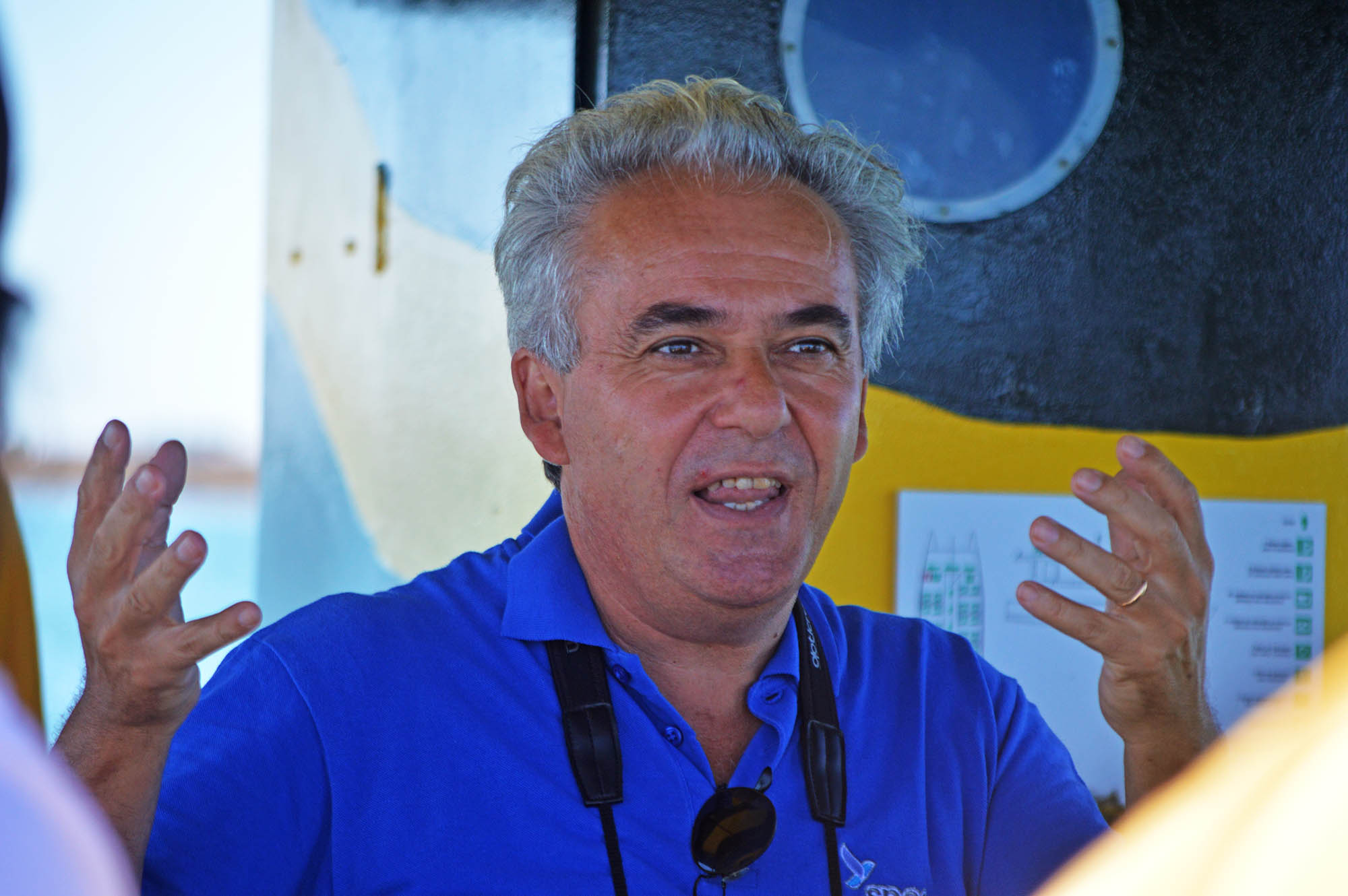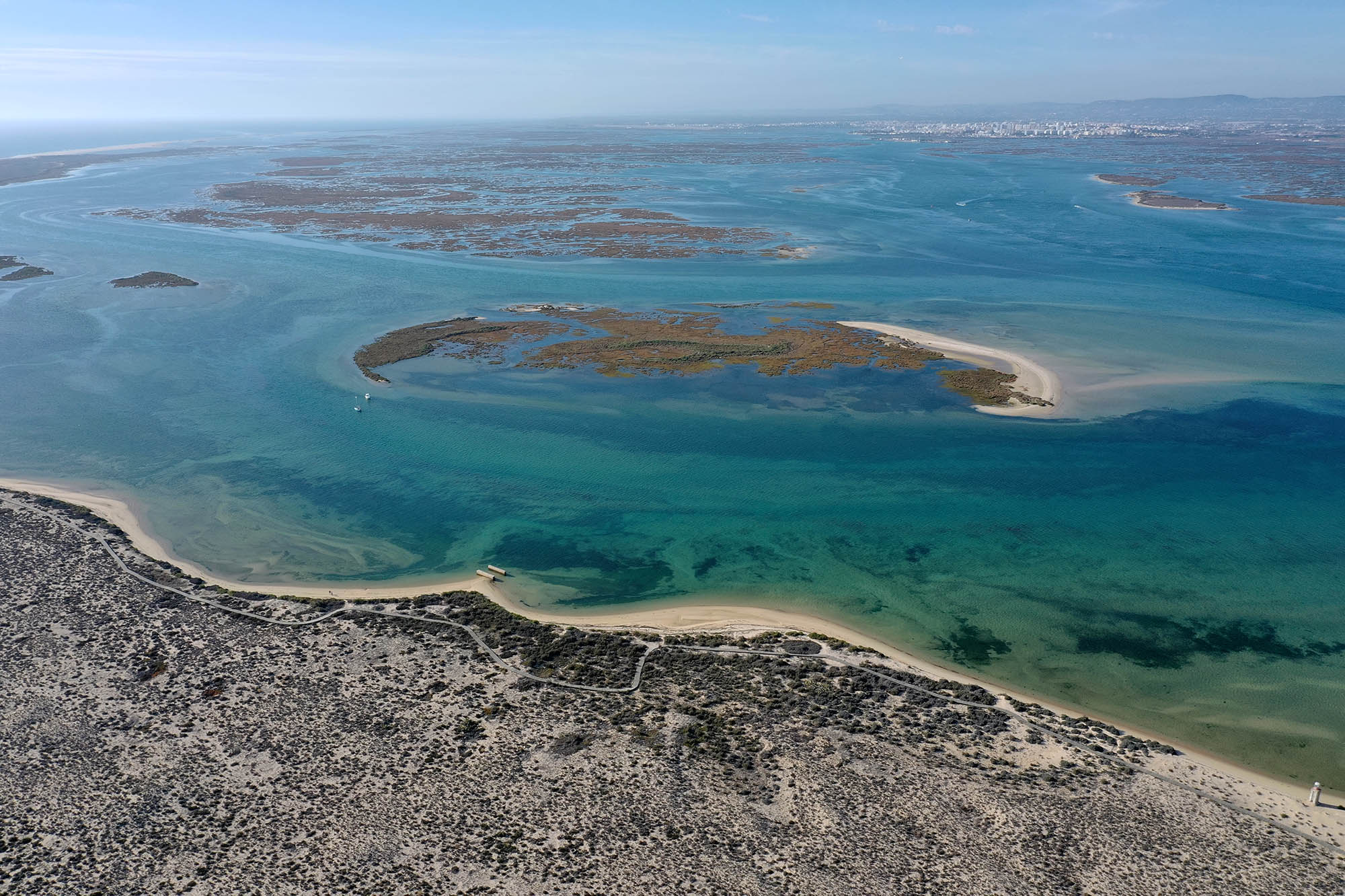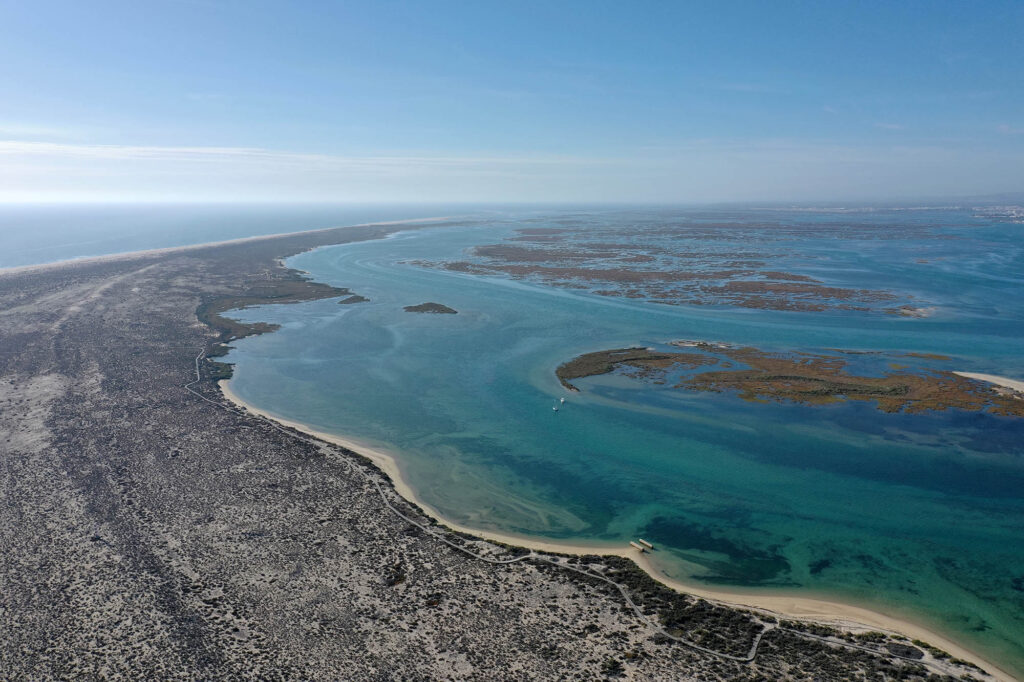“If we don’t do more to protect wetlands, we won’t survive climate change.” This is the message from the executive director of the Portuguese Society for the Study of Birds (SPEA), Domingos Leitão, on the occasion of World Wetlands Day, which is celebrated this Friday, February 2nd.
«Wetlands are essential for the future of humanity», says Domingos Leitão.
«In the face of winters increasingly characterized by storms and torrential rain, it is imperative to protect and restore rivers and their banks, as well as high-altitude wetlands such as peatlands, which provide protection against floods and flash floods», explains SPEA.
An example of this are estuaries and coastal lagoons, which play a fundamental role as a barrier against flooding and are crucial for resisting rising sea levels. «Destroying these natural water regulation systems is doubly harmful if they are replaced with concrete constructions that waterproof the soil, preventing it from absorbing water, highlights SPEA.
«In Portugal, many of the wetlands are supposedly protected by law. But tourism and urban projects continue to emerge that threaten the important habitats of the Tagus and Sado estuaries (Alcochete, Tróia and Comporta-Galé), and even in the Algarve (Lagoa dos Salgados, Ria do Alvor, Alagoas Brancas). We must do more to protect the integrity of these wetlands, which are our protection against rising seas», says Domingos Leitão.
And it is necessary to go beyond preventing destruction, says the conservationist, highlighting the importance of restoring degraded areas: «The restoration of the vegetation and dune ecosystem of the Barreira Islands, which we are doing in the LIFE Barreira Islands project, is crucial for survival not only the Ria Formosa protected area, but also the way of life of thousands of people in that region of the Algarve».

SPEA also highlights the case of peatlands on the Graminhais Plateau, in São Miguel (Azores). Instead of being turned into just another pasture, thanks to the work of SPEA this area was restored to fulfill a fundamental role.
This vast mountaintop area acts as a natural sponge. In winter, when torrential rains fall, peatlands capture and store thousands of liters of water, preventing it from running downhill and causing landslides and floods. Instead, this water slowly infiltrates the soil, reaching the water tables and allowing the streams to always have water in the summer.

Rivers, estuaries and coastal lagoons are also true nurseries for many of the fish, bivalves and crustaceans that are the livelihood of millions of people around the world – and an extremely important resource in our country.
SPEA also highlights that another resource that is increasingly scarce in Portugal and in the world and directly linked to the protection of wetlands, is water itself.
+Projects that significantly increase water consumption are projects that cannot move forward today», says Domingos Leitão. «If we divert water to mega-agricultural enterprises, when water is increasingly scarce, where will we get water to drink in the near future?”»
«It is deeply irresponsible to contemplate projects such as intensive avocado or blueberry plantations, which require millions of liters of water per year, in the south of Portugal, where problems of water scarcity are already faced», he states.
This is why SPEA and other environmental protection organizations oppose projects such as Herdades da Murta and Monte Novo, which was recently in public consultation and foresees the creation of 34 new underground water catchments, or the proposed mega-dam do Pisão, whose aim is to create 50 thousand hectares of irrigated land.
«You cannot create a need for water like that, when we know that we are in a scenario of climate change in which water is an increasingly scarce commodity. Approving projects like these means destroying wetlands, such as rivers and marshes, and creating a conflict between the use of water for agriculture and the use of water for human consumption, which will never end well», reiterates Domingos Leitão.
Despite everything, SPEA emphasizes, there is still salvation. “To survive, we must reduce pressure on these crucial ecosystems. It is in the hands of all of us, from our choices as consumers to active participation as citizens, whether individually or by joining or supporting environmental protection associations», concludes Domingos Leitão.



















Comments